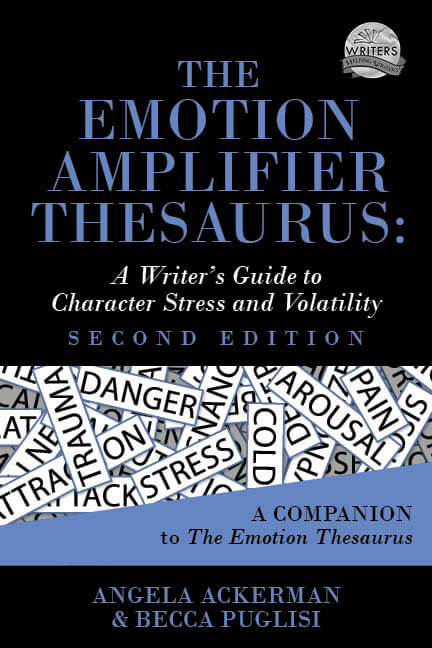
…And none will understand your book exactly how you meant it to be understood, unfortunately.
I am reblogging hereinafter, in italics, Holly Lisle’s tip, giving, as credits, respectfully, below, all the information needed to access her site and ask writing-related questions. The tip isn’t mine; the problem is mine too, and many others’ – I have just learned that it is universal.
I was angry when I was misunderstood. I thought people didn’t read with attention. Then, I was sad. I thought my poor writing skills (or, worse, communication skills) are to blame. Then, I understood that I was doing the same. That there are many parallel perceptions, as I highlighted here. And none can be wrong for that person, but they seem wrong for all the others. Because everyone connects everything to their own experience and knowledge. Nothing happens in a void.
No two readers will read your book the same way. No two readers will find the same things to take out of it. No other reader—ever—will comprehend what you have written exactly as you meant for it to be understood when you wrote it.
You can be the most flawless communicator on the planet, with perfect comprehension of language and idiom, with exquisite delivery and an ability to show instead of telling that has never been matched before, and never will be again, and you will still be misunderstood by more people than understand you.
Here’s why.
People don’t come with standardized brains. Folks love the analogy of brains being like computers—but if you take one million computer motherboards of the same make and model, they will vary slightly…but if they work at all, they will work the same way.
The human mind, on the other hand, is home-grown, and every single one is unique.
You can study various regions of brains in general that have certain functions, and that more or less predictably act in certain ways when presented with certain chemical compounds, drugs, over- or under- dosages of things like potassium or sodium…
But every human brain is wired uniquely, with every single thing any human being has ever done, every association he has ever made, every person he has ever known, every passion he has ever felt, and every food, drink, or noxious chemical he has ever run through his system affecting his personal wiring uniquely.
The fact that we can understand each other at all is frikkin’ amazing, because each one of us learned our own unique portions of language through our experiences; made (correctly or incorrectly) our unique associations with words and concepts; experienced a single unique life that has not one single identical point of connection in it with the life any other human being has EVER experienced.
Doubt me? Ask a cop. The guy who is first responder to the scene of a crime or an accident has the joyful duty of finding out what happened from the folks who saw it happen. Every single one of his eye witnesses saw something different—their brains fill in what they actually saw with what they have programmed themselves through previous experience to expect; most of them were not paying attention; and even if the cop is lucky and everyone is absolutely certain he or she is telling the absolute truth, he’s going to get as many different stories as he has witnesses, and ALL of them are going to include a varying mix of fact and error.
You are the only YOU this world will ever have. You are irreplaceable, and the way you see the world is irreplaceable.
But because you are unique, no one else on this planet has ever had—and never will have—the same set of experiences, genes, disasters, chemical balances, heartbreaks, triumphs, and boneheaded screw-ups that you have had.
So no one else can ever completely understand what’s inside your brain.
And as I have said before, reading and writing are the process of telepathy. It works well when you have both a good writer and a good reader—but it’s imperfect. If anything is missing on either side of that equation, it falls apart to the degree that the two minds trying to talk to each other are mismatched.
I have had readers argue with each other that themes in my novels represented polar opposites not just of what I had written, but what each of them saw in the same book.
I have had people find in my words support for political views antithetical to my own (my own view is “politics be damned, and political parties suck”); I have been the target of flames from people who insisted that a word meant what it NEVER meant, and used that word they misunderstood as their rationale for their rabid loathing of and hatred for me…
This is part of the gig. It’s no fun.
What is fun is when someone gets you. Can see the world through your eyes, and realizes you’ve both looked through the same window, have both experienced the same connection to life and its possibilities at one point or another.
That is beautiful. And that is why you keep going in spite of the imperfections of the process.
Write with joy,
Holly






You must be logged in to post a comment.